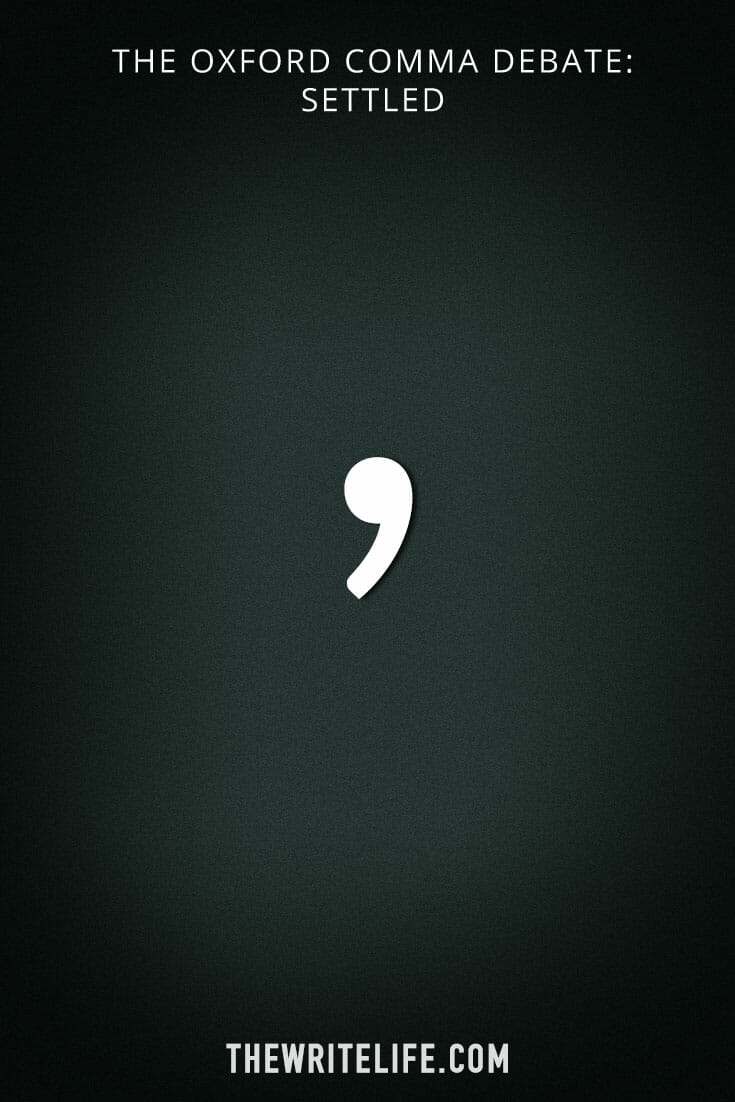This week, we’re excited to announce an extended deadline for our poetry awards, nine new online writing courses, an upcoming short short story competition deadline, and more.
There’s always so much happening in the Writer’s Digest universe that even staff members have trouble keeping up. As a result, we decided to start collecting what’s on the horizon to make it easier for everyone to know what’s happening and when.
This week, we’re excited to announce an extended deadline for our poetry awards, nine new online writing courses, an upcoming short short story competition deadline, and more!
Poetry Awards Deadline Extended to November 16!
Calling all poets! We’re on the lookout for poems of all styles–rhyming, free verse, haiku, and more–for the 15th Annual Writer’s Digest Poetry Awards! This is the only Writer’s Digest competition exclusively for poets. Enter any poem 32 lines or less for your chance to win $1,000 in cash.
Short Short Story Competition
We’re looking for short fiction stories! Think you can write a winning story in 1,500 words or less? Enter the 21st Annual Writer’s Digest Short Short Story Competition for your chance to win $3,000 in cash, get published in Writer’s Digest magazine, and a paid trip to our ever-popular Writer’s Digest Conference!
EARLY BIRD DEADLINE: NOVEMBER 16, 2020
*****

Check out the digital November/December issue of Writer’s Digest!
Writer’s Digest officially turns 100! In this special double issue, WD celebrates 100 years of helping writers improve their craft and getting published with advice from some of the biggest industry professionals and authors publishing today. We’ll look back on how writing has changed over time, the founding of WD, and much more.
*****
Nine Online Writing Courses Start This Week
Nine new online writing courses start this week, including getting started in writing, pitching an article, publishing a children’s book, and more. Click here to check out the Writer’s Digest University calendar.
Publishing Your Children’s Book: How to Write and Pitch Young Adult, Middle Grade, and Picture Book Manuscripts
Editor’s note: This boot camp starts November 17, but since it starts at the beginning of next week, we wanted you to know about it!
In this Writer’s Digest Boot Camp, the agents of P.S. Literary Agency will show you how to make your submission stand out. How do you write a children’s book with commercial appeal? How do you decide what category and genre your book belongs in? How do you find agents and publishers to submit your manuscript to? How can you attract both child and adult readers (and buyers)? The agent instructors will answer these questions—and more! They will also critique your work and answer any questions you have about writing and selling books for children.
Advanced Novel Writing
Push yourself beyond your comfort zone and take your writing to new heights with this novel writing workshop, designed specifically for novelists who are looking for detailed feedback on their work. When you take this online workshop, you won’t have weekly reading assignments or lectures. Instead, you’ll get to focus solely on completing your novel.
Getting Started in Writing
When you take this online writing workshop, you’ll discover your voice, learn the basics of grammar and examine the different types of writing. No matter what type of writing you’re planning on crafting—nonfiction or fiction—you’ll need guidance along the way.

12 Weeks to a First Draft
Dive into the world of writing and learn all 12 steps needed to complete a first draft. In this writing workshop you will tackle the steps to writing a book, learn effective writing techniques along the way, and of course, begin writing your first draft.
Business Writing
If you aspire to be a professional writer, you must know the basics of communication. When you take this business writing workshop, you’ll develop the skills necessary to survive in the business world as a writer. You will study Wilma Davidson’s Business Writing: What Works, What Won’t and discover practical advice for writing memos, business letters, reports, and other kinds of business documents. Enroll in Essentials of Business Writing today and get business writing tips that will help you succeed.
Advanced Blogging
It’s easy to start and maintain a blog, but most bloggers barely scratch the surface of what’s possible. This course will take you out of your blogging comfort zone and encourage you to experiment and think bigger. It goes beyond the basics to explore such topics as how to fine-tune your blog’s theme, how to improve your blog’s visibility in searches and across the social web, how to turn your blog followers into a community, and how to start monetizing your blog.
Pitch an Article: Write for Today’s Marketplace
This intensive two-week course will teach you how to craft a good pitch letter and do it well. Be ready to mine your life for ideas. Start thinking about a great spin on a topic or an unusual personal experience that you’d like to write about in class.

Grammar and Mechanics
Do you remember the difference between the 8 parts of speech and how to use them? Are you comfortable with punctuation and mechanics?
No matter what type of writing you do, mastering the fundamentals of grammar and mechanics is an important first step to having a successful writing career.
Writing Online Content
This course pays special attention to the most notable form of online article writing: the blog posting. Publications of all types have enlisted the aid of bloggers to help disseminate information. Blogs incorporate characteristics from other article types—news, feature articles, and opinion pieces. Learning to write blog postings is a marketable skill, and the writer of online content should have a strong understanding of blogs. Finally, every writer should have her own blog whether associated with a publication or not; blogs are an integral facet of any viable platform.
*****
13th Annual November Poem-A-Day Chapbook Challenge!
Every November, Robert Lee Brewer shares a poetry prompt (and an example poem) each morning to help inspire poets to write daily poems in November. Then, he challenges poets to collect those poems into chapbook manuscripts of 10 to 20 pages of poetry during the month of December. It’s a fun and free poetry challenge that has led to publication and new poetry for many poets over the years.
*****
Polish your writing to find success!
2nd Draft provides a high-level review of your writing, pointing out reasons your work may be getting rejected, or may not meet the standards of traditional publication.

After an evaluation of your submission, one of the professional 2nd Draft critiquers will provide feedback and advice. You’ll not only learn what’s working in your writing, but what’s not, and—most important—how to fix it.
Send your work to Writer’s Digest 2nd Draft Critique Service!


